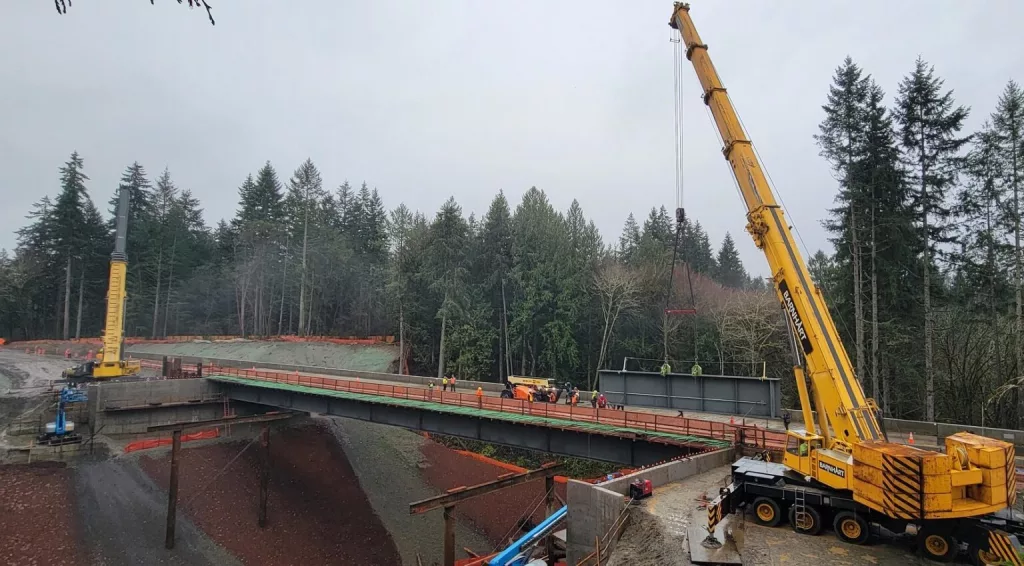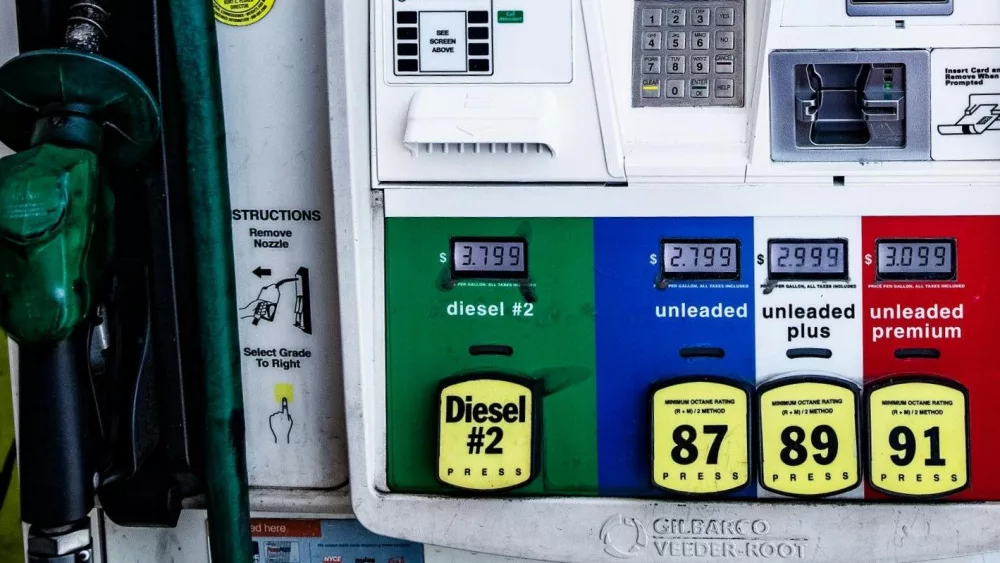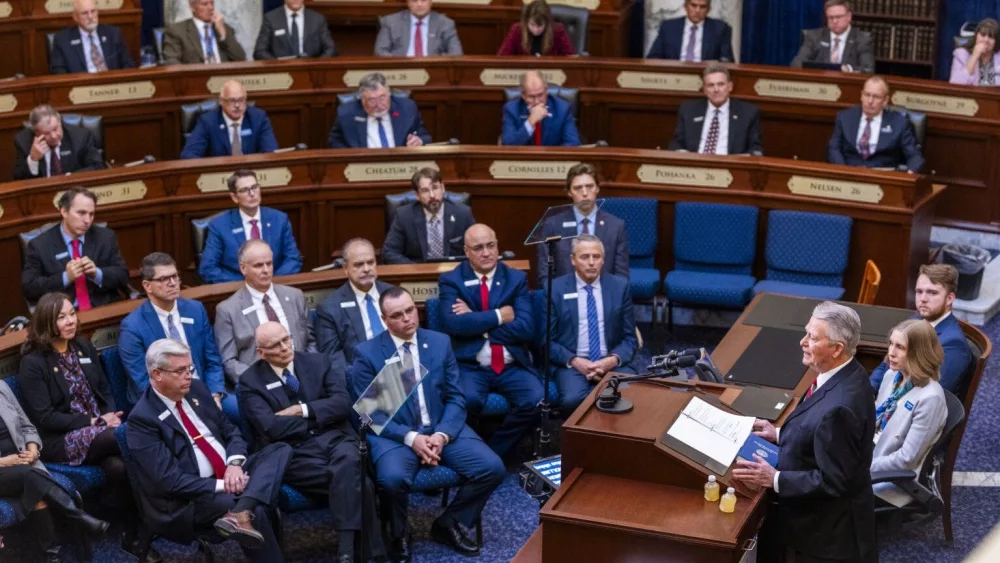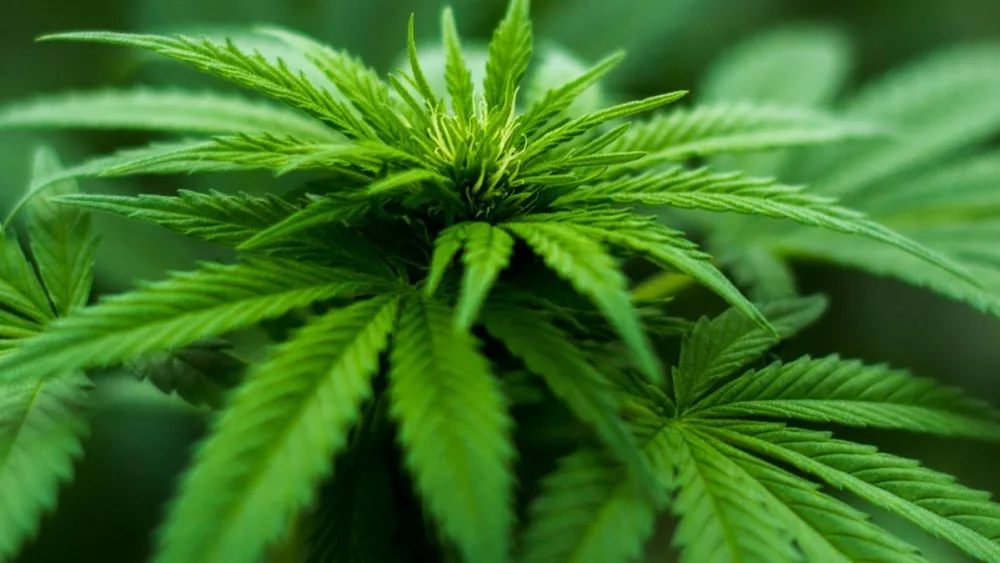OLYMPIA, WA – Washington state senators revealed a proposal Monday to raise billions of dollars to pay for the court-ordered removal of culverts blocking the migration of salmon and other fish.
The plan included in the Senate’s capital budget would bond up to $5 billion over the next 15 years and repay the debt with revenue from an existing tax on electrical utilities.
That’s at least how much lawmakers believe the state still needs to fully fund culvert removals in light of a decades-spanning court case in which a federal judge ruled in 2013 that the state had violated tribes’ treaty fishing rights.
The judge ordered an injunction forcing the state to pay to correct its barriers that impede salmon and steelhead migration in western Washington. In a tied vote in 2018, the U.S. Supreme Court upheld the ruling.
The goal has been to open up 90% of the habitat that culverts have long blocked by 2030.
But last year, state officials told the judge overseeing the case they couldn’t meet that target, as projects have ballooned in cost and new culverts have been discovered. The one project that has gotten perhaps the most scrutiny could require buying a motel in Port Angeles to tear out the culvert beneath, to the tune of $100 million.
The agency estimates needing to deal with another 300 barriers to hit the 90% benchmark. The most expensive remaining culvert projects range from $80 million to $240 million, a transportation department spokesperson said Monday.
“We hope to be able to deliver those projects in different ways,” Sen. Marko Liias, the chair of the Senate Transportation Committee, told reporters last week. “Maybe there’s some other way to deliver a repair up there that doesn’t lead to tearing down that motel.”
The tribes and the state entered confidential mediation this month in the court case to discuss a new path that recognizes the state’s limited resources.
“The state’s about to walk into mediation with the tribes with nothing,” said Sen. Yasmin Trudeau, a Democrat from Tacoma and the Senate’s lead capital budget writer. “We have an obligation by the state of Washington to tribes that we’re not meeting and unable to meet.”
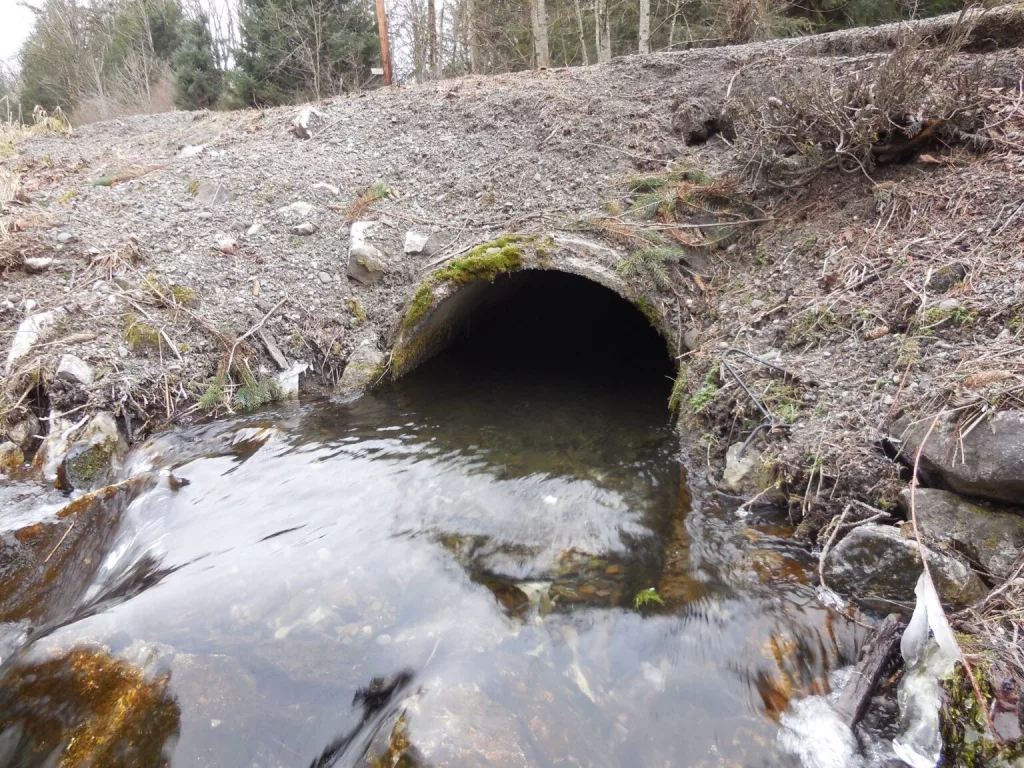
In 2023, the latest year for which data is available, the state’s transportation department completed 32 fish barrier projects covered by the injunction that impacted over 67 miles of upstream habitat. In total, as of last June, transportation officials said they had restored 571 miles of habitat in work related to the court order.
State money for culvert projects has previously come through the separate transportation budget, but its balance sheet is facing a billion-dollar shortfall over the next two years and growing. So senators turned to the capital budget.
The transportation budget from House Democrats unveiled last week did not include such a funding switch, instead earmarking more than $3.1 billion over the next three budget cycles to pay for barrier elimination.
How to bridge the chambers’ diverging approaches, will be a “leadership call at the end of the day,” Trudeau said.
The Senate’s transportation budget, which passed off the floor Saturday, does still touch on culverts, aiming to expedite the permit review process for removals.
The Senate plan
A little over half of the state tax on electrical utilities, redirected to the Federal Injunction Salmon Habitat (or FISH, for short) account, would back the bonds proposed under Senate Bill 5804.
Trudeau said the plan won’t impact ratepayers.
That tax revenue usually goes toward grants and loans for local public works departments. Senators propose backfilling that with $150 million of other bonds.
Going into this legislative session, the expectation was that lawmakers would sweep that public works funding to pay for other things given the state’s budget shortfall, Trudeau said.
“We’re not decimating public works, which is what I think everybody anticipated out of this session,” she said. “But in fact, we’ve added more money.”
Republican lawmakers have pushed to use income from the state’s carbon auctions to pay for culvert removals, but Democrats haven’t budged on their belief that the money must go specifically to decarbonization efforts.
The approach announced Monday has bipartisan support, with two Republican senators signed on as cosponsors.
The bill is set for a public hearing Tuesday afternoon in the Ways and Means Committee. A vote on the Senate floor could come as soon as Saturday.
The legislative session is scheduled to end April 27. The next biennial budget begins July 1.
Washington State Standard is part of States Newsroom, a nonprofit news network supported by grants and a coalition of donors as a 501c(3) public charity. Washington State Standard maintains editorial independence. Contact Editor Bill Lucia for questions: info@washingtonstatestandard.com.

